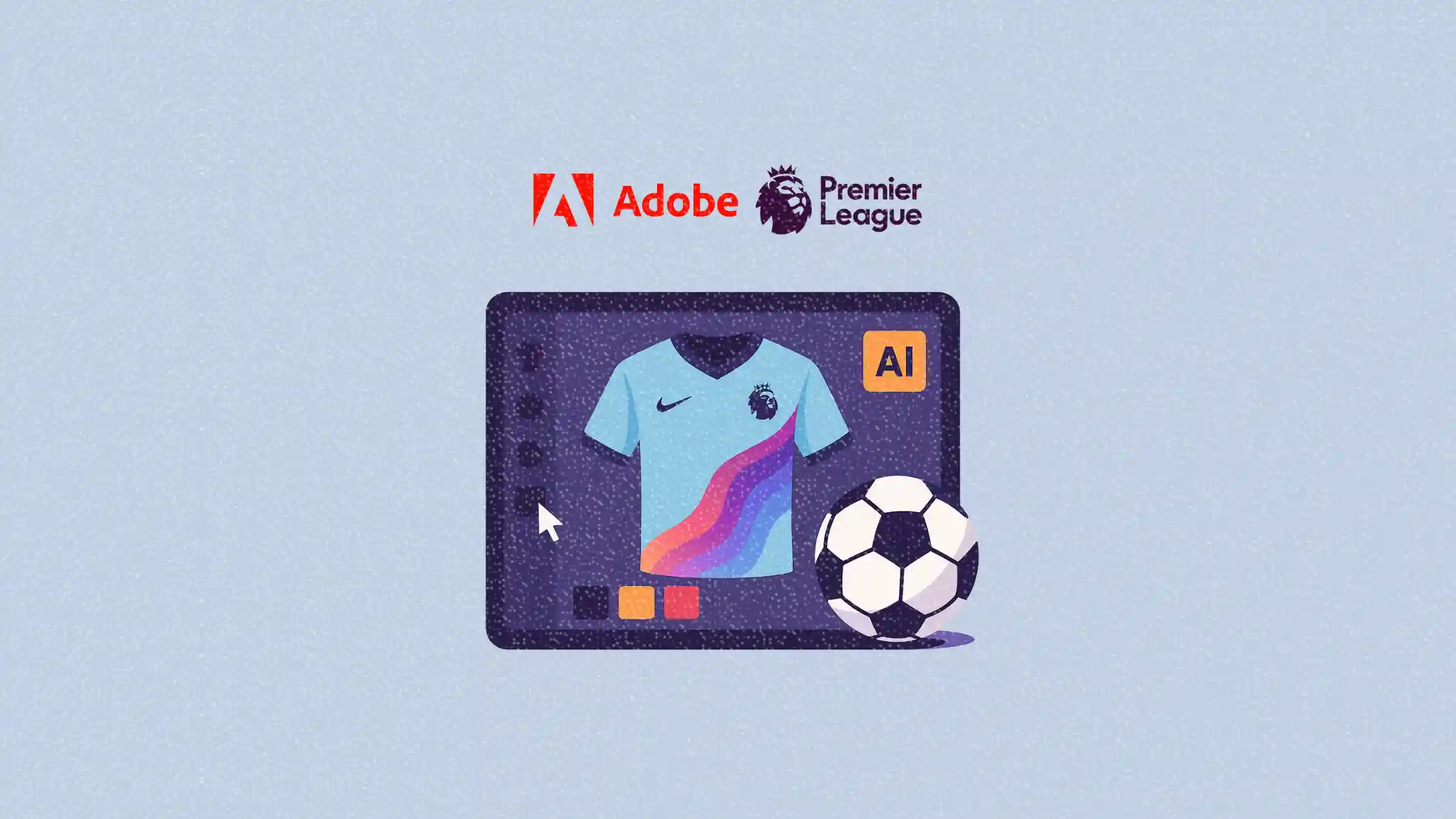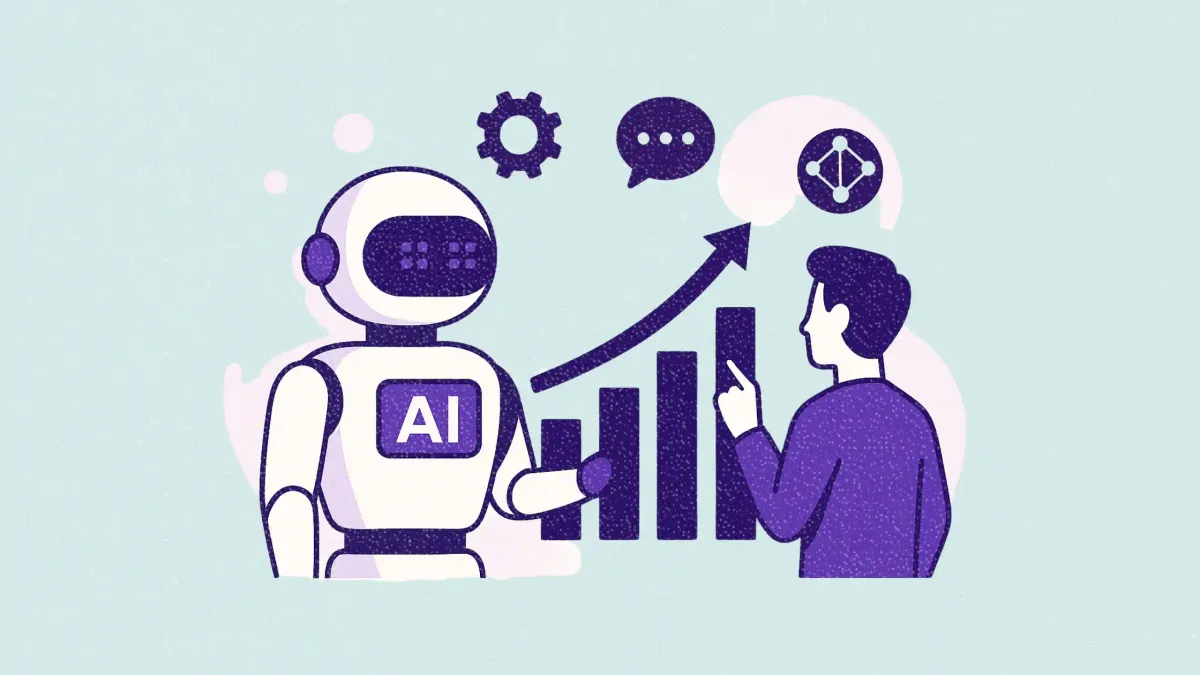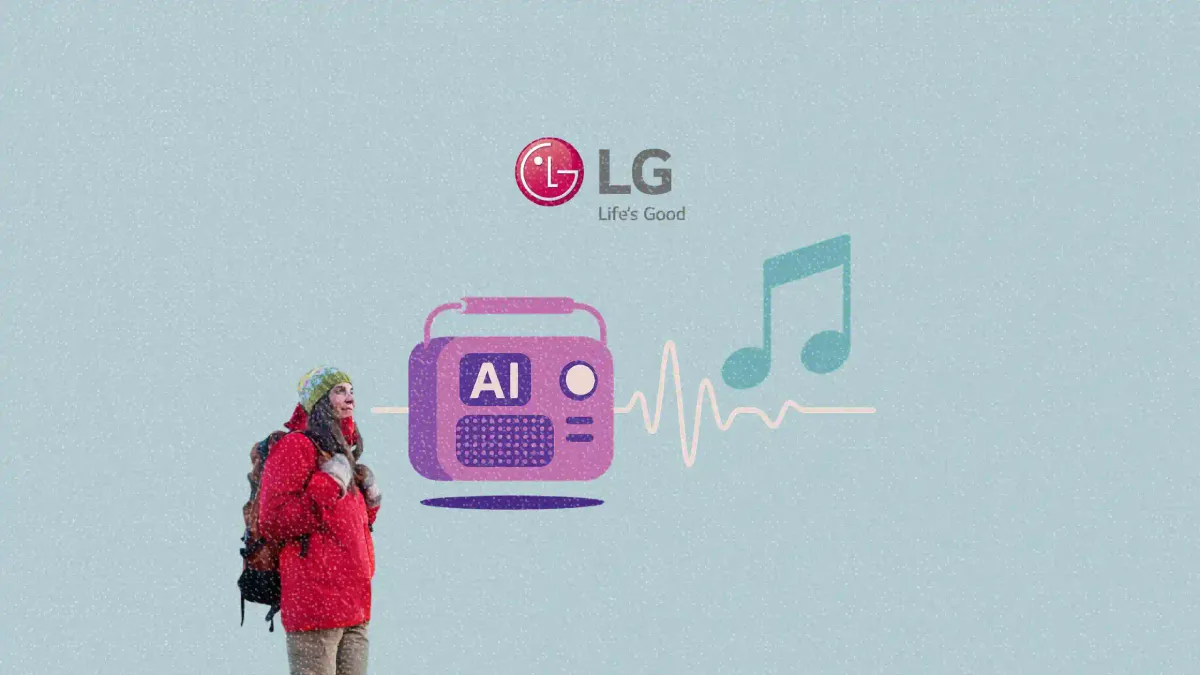Premier League taps Adobe AI to let fans design fantasy kits
New Adobe-powered AI tools will let fans co-create kits and receive custom matchday experiences

The Premier League is turning its 1.8 billion-strong global fanbase into content creators. Starting from the 2025/26 season, Fantasy Premier League (FPL) players will be able to design their own kits and team badges using AI-powered tools directly embedded into the League’s digital platforms.
Unveiled at the Adobe Summit in London, this multi-year partnership brings together Adobe’s marketing tech and generative AI capabilities with the Premier League’s growing appetite for personalised, real-time engagement. It’s a significant move that not only upgrades the fan experience but also showcases how sports leagues are becoming testbeds for next-gen content creation.
This article explores what this partnership means for marketers, how the tech works, and what it signals for the future of AI-driven audience engagement.
Short on time?
Here’s a table of contents for quick access:

What's the partnership about?
The Premier League is collaborating with Adobe to integrate a suite of AI-driven creative and marketing tools into its digital properties. At the center of this initiative is the upcoming integration of Adobe Express into the official Premier League website and app—allowing fans to generate custom FPL kits and team visuals using exclusive templates.
This capability is powered by Adobe Firefly, a generative AI model trained on licensed and public domain content, ensuring commercial safety for both fans and the League. But kit creation is just the start.
Adobe’s broader tech stack—spanning its Experience Platform, Real-time CDP, Journey Optimiser, and GenStudio—will be deployed to serve fans hyper-personalised content, alerts, and campaigns across web, app, and email based on their behaviors and preferences.

How the AI-powered tools will work
From the front end, fans will get a far more interactive experience:
- Creative autonomy: Using Adobe Express, users can create personalised kits and badges with just a few text prompts or drag-and-drop tools.
- Social content ready: Fans can edit photos, generate visuals, and create videos optimised for sharing, all within the League’s app ecosystem.
- Real-time responsiveness: Matchday alerts and content will now be tailored to the individual fan—based on location, team preference, and in-app behavior.
On the backend, Adobe’s AI is giving the Premier League’s marketing team a real-time dashboard of fan engagement. This includes tools for attribution, performance analysis of different content formats (e.g. highlight reels, kit unveilings), and predictive insights on fan loyalty behaviors.
As Will Brass, Chief Commercial Officer at the Premier League, put it: “This exciting partnership provides us with the tools to better understand and deliver what our fans need and want digitally.”
Why it matters for marketers
For marketers in sports, entertainment, and beyond, this partnership offers a glimpse into how large brands are operationalising AI—not just to scale creative output but to deepen personalisation and build community.
Here’s what stands out:
- Creativity at scale is becoming table stakes
With generative AI embedded into mainstream fan tools, even casual users become brand co-creators. This shifts the creative burden—and the opportunity—toward fans themselves, enabling more authentic and viral content.
- Behavior-driven journeys are replacing broad campaigns
With Adobe’s CDP and Journey Optimiser, the League can now segment fans by in-app behavior, region, or engagement level. This allows for drip campaigns and notifications that feel one-to-one, not one-size-fits-all.
- Fantasy sports is becoming a branded sandbox
The FPL experience is evolving into a creative outlet. Marketers who’ve previously focused on top-funnel sports sponsorships can now explore embedded brand storytelling through AI-generated visuals or even sponsor template packs for kits and badges.
- Marketing teams need new fluency in creative tech
Behind the scenes, this deal shows how enterprise marketing teams are moving toward in-house content creation models fueled by automation and AI. Expect similar adoption curves in other fan-driven industries.
This is more than a novelty update to Fantasy Premier League—it’s a broader signal that AI isn’t just a backend tool for marketers anymore. It’s becoming central to how audiences experience, shape, and share brand interactions.
For marketers, this means rethinking the role of the audience: not just as viewers or consumers, but as collaborators empowered by AI.





